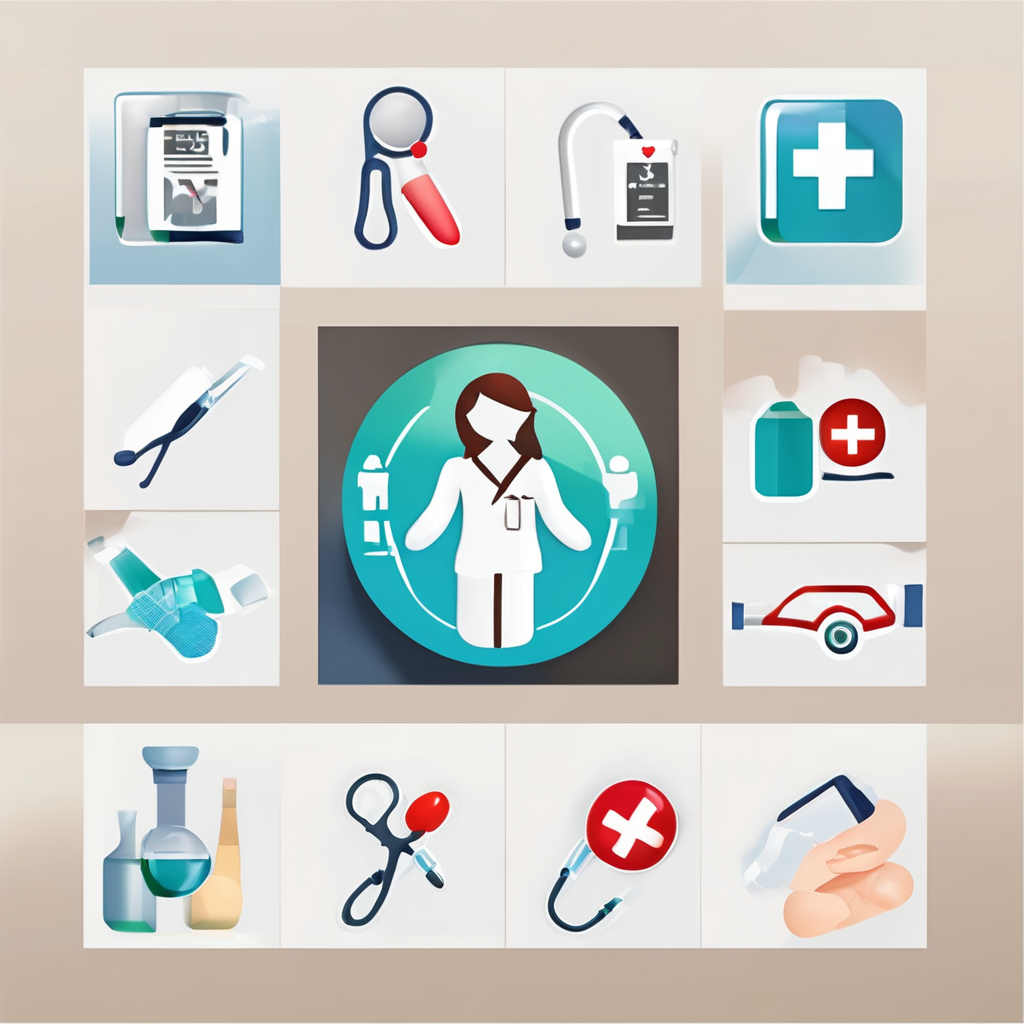The dynamic landscape of UK’s healthcare sector is witnessing a significant transformation, primarily driven by the rapid adoption of digital technologies. These advancements not only promise enhanced health outcomes but also offer innovative ways to engage with patients. In an era where the digital interface is ubiquitous, understanding how technology can catalyze patient engagement becomes paramount. As we delve into this topic, we will explore various technological tools, their impact on patient-provider relationships, and the broader implications for healthcare services.
The Role of Digital Data in Enhancing Patient Engagement
In the contemporary healthcare ecosystem, data plays a pivotal role. The ability to gather, analyze, and effectively utilize digital data enhances patient engagement and improves care outcomes. With the integration of data-driven tools, healthcare providers can tailor treatments to individual needs, facilitating a more personalized approach to medical care.
Also to read : What are the most effective dietary changes to reduce the risk of heart disease in the UK population?
Data-Driven Personalization
Digital platforms allow for the collection of vast amounts of patient data. By leveraging Google Scholar and other research databases, healthcare professionals can access a wealth of information that assists in the development of evidence-based treatments. These platforms offer insights into patient preferences, enabling providers to recommend treatments aligned with personal health goals.
Improving Accessibility
Digital data tools enhance access to healthcare services. Telemedicine platforms, integrated with electronic health records, enable patients to receive care from the comfort of their homes. This not only increases engagement but also ensures continuity of care, as patients can easily communicate with their providers.
In the same genre : What are the effects of noise pollution on health among UK urban residents?
Real-Time Monitoring
Wearable technologies offer another avenue for improving patient engagement. By using devices that monitor health indicators in real-time, patients can actively participate in their own care. This empowers them with the tools to manage chronic conditions effectively, ultimately leading to better health outcomes.
Technological Innovations Enhancing Patient-Provider Communication
Effective communication is the cornerstone of successful patient-provider relationships. Technological advancements have revolutionized how medical professionals interact with their patients, making communication more efficient and meaningful.
Telemedicine Revolution
Telemedicine has emerged as a crucial component in the UK’s healthcare system. By providing virtual consultations, telehealth platforms have bridged the gap between patients and providers, ensuring timely access to medical advice and reducing the need for in-person visits. This technology not only enhances convenience but also promotes continuous patient engagement.
Secure Messaging Systems
Secure messaging systems are changing the way patients communicate with their healthcare teams. These platforms offer a safe and efficient way for patients to ask questions, receive test results, and discuss treatment plans. Enhanced communication leads to higher patient satisfaction and a better understanding of their health status.
AI-Powered Chatbots
Artificial intelligence technologies, such as chatbots, play a pivotal role in patient engagement. These tools provide 24/7 support, addressing patient queries and offering health information. By integrating AI-driven solutions, healthcare providers can ensure that their patients feel supported and informed at all times.
Impact of Technology on Treatment Outcomes
The integration of technology into healthcare systems has a profound impact on treatment outcomes. Through innovative tools and platforms, providers can offer more targeted, effective, and timely treatments, ultimately transforming the patient experience.
Decision Support Systems
Healthcare practitioners are increasingly relying on decision support systems. These technologies analyze patient data and suggest optimal treatment options, ensuring evidence-based practices. By employing such technologies, providers can enhance the efficacy of treatments, leading to improved patient outcomes.
Enhanced Monitoring and Follow-Up
Remote monitoring tools enable healthcare professionals to keep track of patient progress post-treatment. Such technologies facilitate continuous assessment, allowing for timely interventions if needed. This proactive approach not only enhances patient care but also fosters engagement by involving patients in their recovery process.
Data-Driven Research
The power of data in medical research cannot be underestimated. Access to vast datasets enables scholars to drive innovations, identifying new treatments and improving existing protocols. This continuous engagement with research ensures that patients receive cutting-edge care, contributing to better treatment outcomes.
Future Prospects of Digital Tools in Healthcare
As technology continues to evolve, its role in healthcare becomes more crucial. The future holds promising prospects, especially in enhancing patient engagement through advanced digital tools. These innovations promise a more integrated, efficient, and patient-centered healthcare system.
Virtual Reality in Patient Education
Virtual reality (VR) offers immersive experiences that can be used to educate patients about their conditions and treatments. By providing a visual understanding of complex medical procedures, VR enhances patient comprehension and engagement, making them more active participants in their healthcare journey.
Blockchain for Secure Data Management
The security of patient data is a primary concern in the digital age. Blockchain technology offers a secure and transparent way to manage medical records. By ensuring patient confidentiality and data integrity, blockchain can bolster trust and encourage greater patient engagement.
Predictive Analytics
Predictive analytics holds the potential to revolutionize healthcare delivery. By analyzing trends and predicting future health risks, providers can offer preventative care, reducing the need for reactive treatments. This forward-thinking approach empowers patients to take proactive steps towards maintaining their health.
The intersection of technology and healthcare presents a myriad of opportunities for enhancing patient engagement in the UK. From data-driven personalization to innovative communication tools, technology fosters a patient-centered approach that promises improved health outcomes. As digital advancements continue to shape the future of healthcare, embracing these innovations becomes essential for providers striving to deliver exemplary care. The journey towards elevated patient engagement is ongoing, with technology serving as a catalyst in transforming the healthcare landscape.











